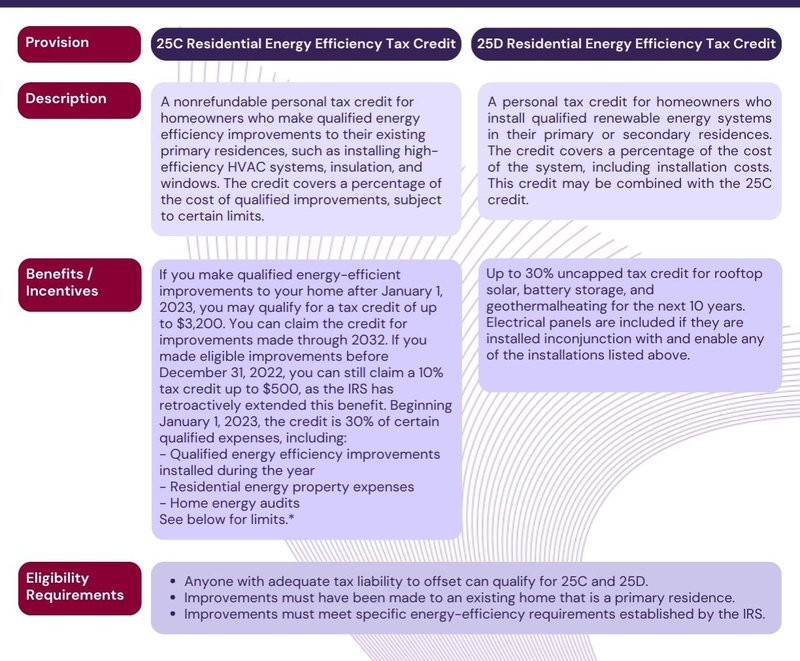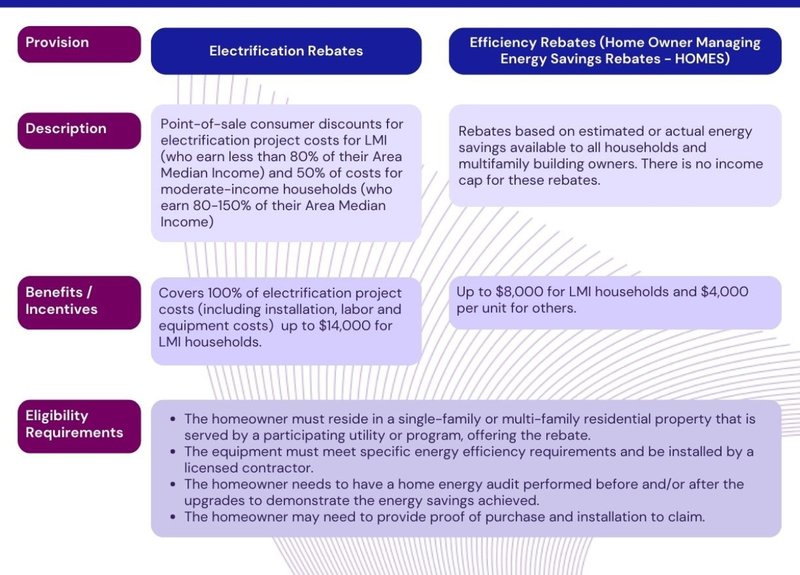Keeping a pulse on the latest legislation affecting your business helps you continue to provide exceptional service to your customers. But with so many things changing, it isn’t easy. The Inflation Reduction Act (IRA) is one such piece of legislation that has a significant impact on HVAC contractors and their customers.
In this article, we'll take a closer look at the IRA and how it affects the HVAC industry. We'll explore the various provisions of this important act and how it impacts contractors and homeowners alike.
What is the Inflation Reduction Act for HVAC?
The Inflation Reduction Act (IRA) was passed into law on August 16, 2022. It provides $370 billion for clean energy initiatives, including incentives for homeowners to install environmentally friendly equipment, such as HVAC systems.
As you know, the IRA includes tax credits for homeowners purchasing qualifying high-efficiency HVAC systems, including furnaces, ACs, heat pumps, fans, and more. These tax credits can help offset the cost of purchasing and installing energy-efficient HVAC systems, incentivizing homeowners to invest in these systems.
The IRA presents an opportunity for experienced contractors to embed these points into their sales and marketing process to better serve their customers.
How does the IRA differ from previous HVAC-related legislation? For one, it provides more comprehensive incentives for homeowners to purchase and install energy-efficient HVAC systems. The tax credits provided by the IRA are more significant than those provided by previous legislation, making energy-efficient HVAC systems more accessible and affordable for homeowners.
Provisions of the IRA that Impact the HVAC Industry
We know you’re focused on always providing top-notch service is always your goal as a contractor. And one way to achieve that is to understand how legislation, such as the IRA, impacts both your customers and your business. To help keep you up to speed, here’s a breakdown of how this legislation can affect you:
Tax Credits

*Limits on the 25C Residential Energy Efficiency Tax Credit
There are limits on the allowable annual credit and on the amount of credit for certain types of qualified expenses. The credit is allowed for qualifying property serviced on or after January 1, 2023, and before January 1, 2033. The maximum credit you can claim each year is: $1,200 for energy property costs and certain energy-efficient home improvements, with limits on doors ($250 per door and $500 total), windows ($600), and home energy audits ($150) $2,000 per year for qualified heat pumps, biomass stoves or biomass boilers. The credit has no lifetime dollar limit. You can claim the maximum annual credit every year that you make eligible improvements until 2033. The credit is nonrefundable, so you can't get back more on the credit than you owe in taxes. You can't apply any excess credit to future tax years.
Rebates

Take advantage of the IRA with Conduit Tech
The IRA provides significant tax benefits for HVAC contractors and their customers. By helping your customers take advantage of the IRA, you can increase your average ticket size to support your business.
Taking advantage of the IRA will require evaluating, documenting, and storing accurate and relevant data on energy usage and efficiency of equipment. Conduit Tech can help you size systems, document building materials and improvements and help you find rebate & incentive-maximizing opportunities.
If you're an HVAC contractor looking to grow your business and help homeowners with high efficiency upgrades, schedule a demo with our team to learn how our tools can help you achieve your goals.
